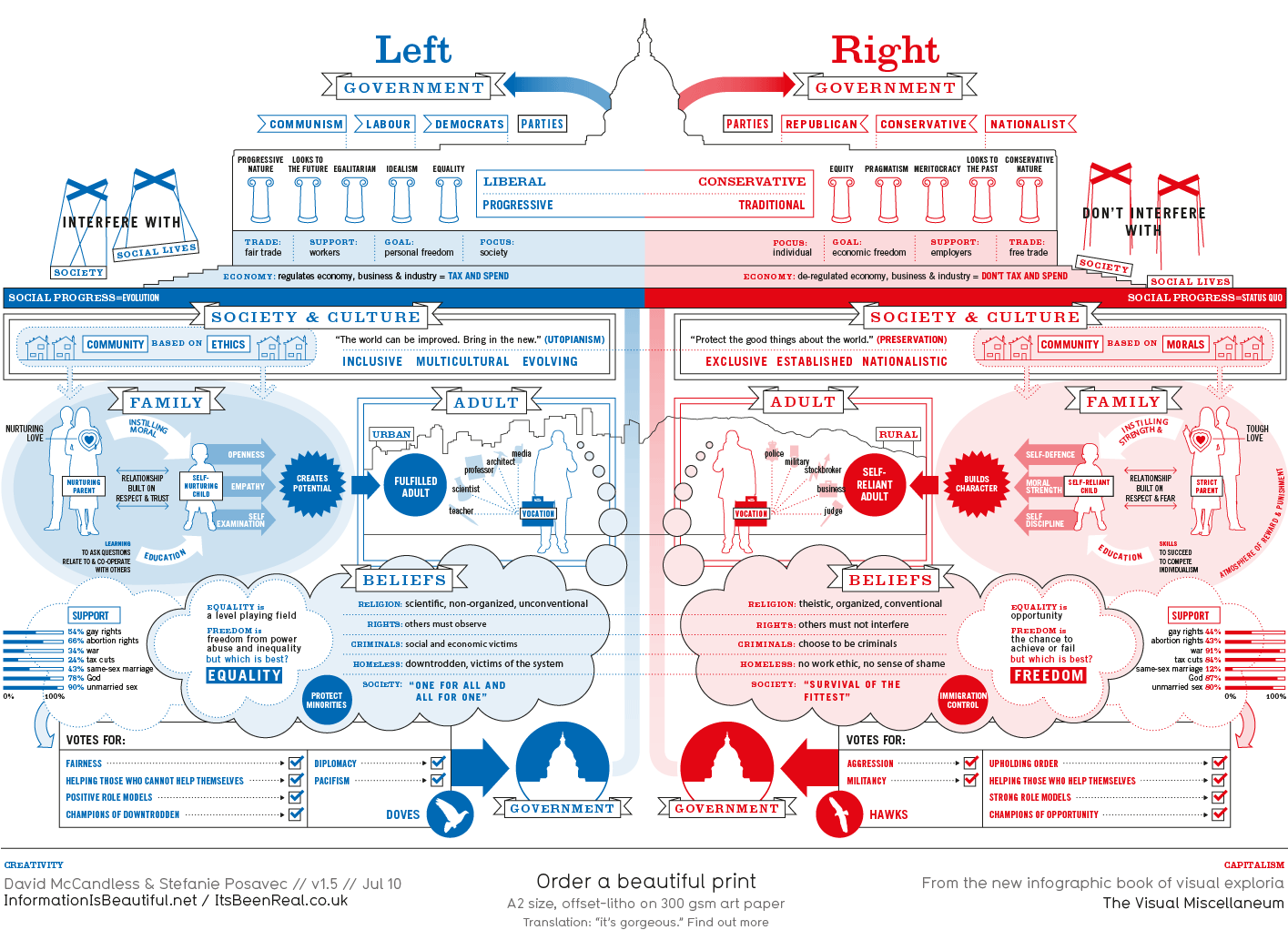This ongoing conflict has resulted in nearly the same electoral map every election. This map is misleading because it shows which side won which states, but it disregards the number of electoral votes each state has. As observed by Vox, “So while this tells you that Romney won Montana, it doesn’t tell you how much that victory doesn’t matter.” The fact that America is a conflictual culture supports that the electoral college should be outlawed. Elections should go by popular vote because of how important the presidential candidate is for each party. A personal example is a Wolcott Republican who disagrees with the majority of the state but still wants their vote recognized in the election in order to see their political ideology displayed in the office. Also in the Crossfire, the Illinois governor wants Texas to raise the minimum wage like them, but Texas argues this isn’t needed because 95% of their jobs aren’t minimum wage. This further supports the enormity of the split between the left and the right. These specific examples prove America is a conflictual culture.
Sunday, October 21, 2018
American political culture is conflictual because many factions are disagreeing and fighting. The main conflict of the United States of America is that of the Republicans and Democrats. These two groups have huge differences as showcased in One Nation, Slightly Divisible by David Brooks. As stated in the text, Republicans are, “traditional, religious, self-disciplined, and patriotic”, while Democrats are, “modern, secular, self-expressive, and discomfited by blant displays of patriotism” ( Brooks 3). These two groups have two completely different opinions on how the country should be run. An example of this is how Democrats believe abortion and homosexuality should be legal, but Republicans view them as inhumane and morally wrong. Another example of these two parties having differing opinions is Democrats want a strong central government while Republicans desire more state power. It can be argued that these two sides are the modern day federalists and anti-federalists.

This ongoing conflict has resulted in nearly the same electoral map every election. This map is misleading because it shows which side won which states, but it disregards the number of electoral votes each state has. As observed by Vox, “So while this tells you that Romney won Montana, it doesn’t tell you how much that victory doesn’t matter.” The fact that America is a conflictual culture supports that the electoral college should be outlawed. Elections should go by popular vote because of how important the presidential candidate is for each party. A personal example is a Wolcott Republican who disagrees with the majority of the state but still wants their vote recognized in the election in order to see their political ideology displayed in the office. Also in the Crossfire, the Illinois governor wants Texas to raise the minimum wage like them, but Texas argues this isn’t needed because 95% of their jobs aren’t minimum wage. This further supports the enormity of the split between the left and the right. These specific examples prove America is a conflictual culture.
This ongoing conflict has resulted in nearly the same electoral map every election. This map is misleading because it shows which side won which states, but it disregards the number of electoral votes each state has. As observed by Vox, “So while this tells you that Romney won Montana, it doesn’t tell you how much that victory doesn’t matter.” The fact that America is a conflictual culture supports that the electoral college should be outlawed. Elections should go by popular vote because of how important the presidential candidate is for each party. A personal example is a Wolcott Republican who disagrees with the majority of the state but still wants their vote recognized in the election in order to see their political ideology displayed in the office. Also in the Crossfire, the Illinois governor wants Texas to raise the minimum wage like them, but Texas argues this isn’t needed because 95% of their jobs aren’t minimum wage. This further supports the enormity of the split between the left and the right. These specific examples prove America is a conflictual culture.
Subscribe to:
Post Comments (Atom)
No comments:
Post a Comment
Note: Only a member of this blog may post a comment.